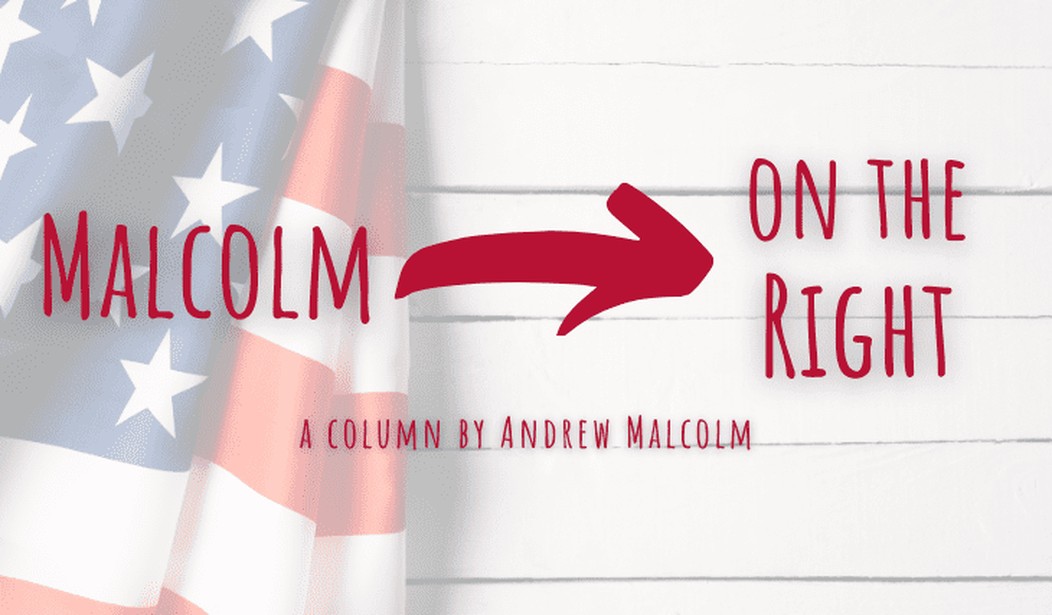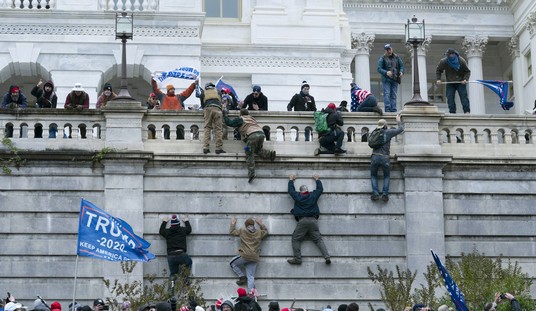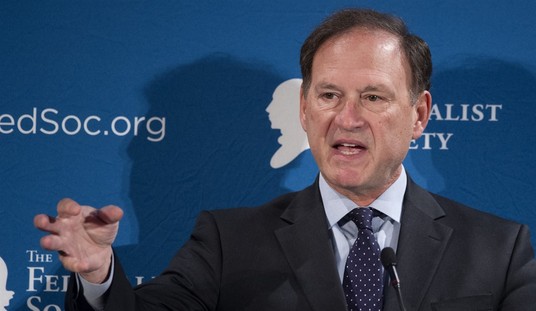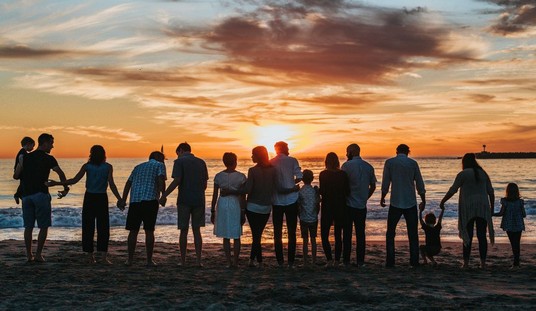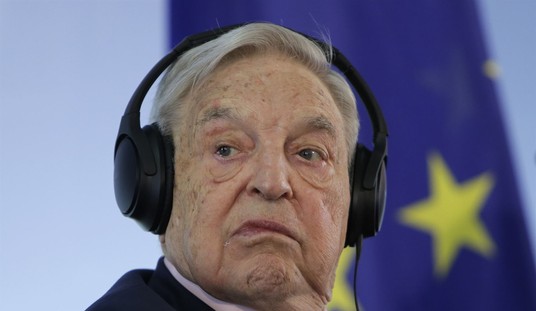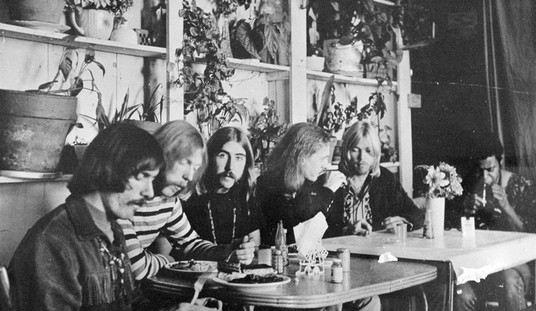Something city people notice when they move to a small town is the almost palpable trust local folks display toward each other. Walk up to a stranger in a large city and they pull back, wary of your purpose. None of that in small American communities where they suspect the best of others, even strangers, instead of expecting the worst.
The default position is trust.
That used to be the national default position, too. There was an automatic expectation of goodwill and civility, even from strangers, because we were all sharing a life of freedom on this immense continent for so many generations.
But in so many disappointing ways, all that has changed drastically. It’s seriously corroding our national character. And it’s profoundly affecting the way we live, work, vote, entertain, talk to each other. Or, rather, talk at each other now.
It’s virtually impossible for anyone to mount effective leadership, when collectively few if any trust or believe that person, the institution, or many of the institutions around him. Sixty years ago, polls showed nearly three-quarters of Americans believed public officials. Today, it’s under 20 percent.
Ideas aren’t shared so much now as they are stated. Take it or leave it. The idea is to impose thoughts, not offer them up for discussion, or even improvement. And if suspicious eyes and minds feel they do not fit a properly correct template, according to conventional ignorance, they are blocked. Or censored. Or denounced and canceled. Or all of that.
It’s not an individual’s fault. There just seems to be a collective, national momentum away from automatic trust and toward default suspicion, even preemptive dislike, caused by millions of individual acts that collectively are changing the tenor of American society for the worse.
It would be easy, though wrong, to blame social media for this. Social media are just the most ubiquitous public stages where this disappointing momentum plays out for all to see and too often cringe. A friend said, after being on Twitter most days, he felt he should take a shower.
It’s true. At times, using Twitter does feel like sitting outside the Family Section at a ball game several innings after beer sales began.
I happen to like Twitter and probably spend too much time on it for work and pleasure. To me, it’s an intriguing, swiftly passing parade of sticky-notes.
Some are stupid, even offensive. Some are enlightening; many are quite funny. No one tells me which I must take seriously. Which I can discard. After 13 years on there, I have more friends I’ve never met than friends I’ve ever met.
I think the problems come from the available anonymity, the kind of anonymity that permits anti-social behavior within large populations, with or without masks. The kind of anonymity that does not exist in small communities, where everyone is pretty much known.
Our immense governments and mass media have become large, anonymous communities no longer connected to the country nor subject to the civilizing restraints of smaller bodies. I wrote an article many years ago about a Midwestern congressman who could no longer afford two homes—one in his district and one in D.C.
So, he moved his family with him to Washington and kept a permanent suite in the airport hotel back home. The inevitable result was he became Washington’s representative back to his district, instead of the opposite as the Founders Fathers intended.
Perhaps the most amazing thing to me about the 2016 election was not Donald Trump’s stunning upset. It was that of the 18 or 19 initial candidates on both sides, most of them professional pols for many years, the only one to detect and articulate the Heartland’s vast frustrations and anger was a rich guy who lived in a high-rise New York penthouse.
They trusted him. Everyone else, no.
That also helps explain the impressively stubborn loyalty of Trump’s base. He catered to it. Its members trusted him, despite all the media antipathy and surrounding folderol of his show biz personality.
You can admire many Trump policies – deregulation, tax cuts, strengthened military, energy independence, crushing the ISIS caliphate – but not trust him because of his ego and frequent pettiness. He did get more votes in 2020 than any GOP candidate ever, but not enough in the right places to win.
And the professed, ongoing belief by Trump and others that the election was stolen is further proof of less trust in that democratic institution, among others.
Many institutions are no longer trusted as they once were, within and without government. You can argue credibly that these outfits have earned this distrust. The FBI, for instance, was once the paragon of incorruptible law enforcement.
No longer. Just look at the widely disparate “investigations” of Hillary Clinton’s mishandled national security emails and Donald Trump’s fictitious campaign collusion with Russia.
News media have always had their critics. Never more so than today, when some openly argue that political advocacy is their real duty.
The most glaring contemporary example of melting trust in government institutions is the atrociously clumsy handling of pandemic information by the White House and Centers for Disease Control.
Remember, “you don’t need to wear a mask”? Then, “two weeks to flatten the curve”? Neither was true. When folks find out, they’re not going to believe future urgings.
Months of indecision and conflicting directives have destroyed their credibility. People might have been OK if they had just admitted: “Look, this is all so new. We’re feeling our way here, too,” and trying a number of solutions to curb the virus.
But, no. They had to act as if they knew it all. And then, as we’ve all noticed, they were wrong time and time again.
Many things bother U.S. voters. But right near the top is hypocrisy. So, trust evaporates when California Gov. Gavin Newsom, Michigan Gov. Gretchen Whitmer, Dr. Anthony Fauci, and D.C. Mayor Muriel Bowser, among others, get caught violating the health strictures they’d ordered us little people to follow.
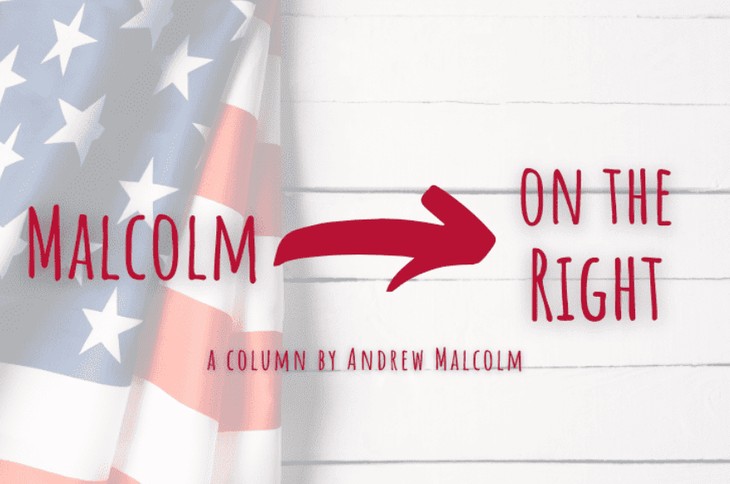
Then, there’s this president. Joe Biden’s aberrant behaviors are sometimes funny and often sad. Sudden silences in public. Walking off-camera. Wearing a mask for a Zoom call with people overseas. His frequent ability to get lost reading a simple, printed statement does not inspire trust.
“If you’ve been fully vaccinated,” Biden announced in May, “you no longer need to wear a mask. Let me repeat: If you are fully vaccinated, you no longer need to wear a mask.”
On July 4th, the man who promised to take care of the pandemic declared, thanks to the vaccine, “we’ve gained the upper hand against the virus.”
But it seems President Unity’s ‘Mission Accomplished’ moment was premature, as the Delta variant surged. The CDC just reversed itself once more, saying Americans need to wear masks again indoors, even if fully vaccinated. And how is that any encouragement to get vaccinated?
But, wait! What about the thousands of illegal immigrants the Democrat administration is spreading from the southern border across the country, unmasked and unchecked, for Covid?
None of this inspires any trust — in fact, exactly the opposite. It prompted Mitch McConnell, the GOP’s Senate Leader, to come up with a question that D.C.’s media stars have not thought to ask: “What would this administration say is going well?”

